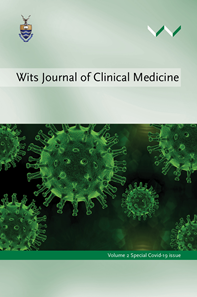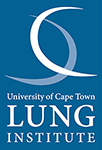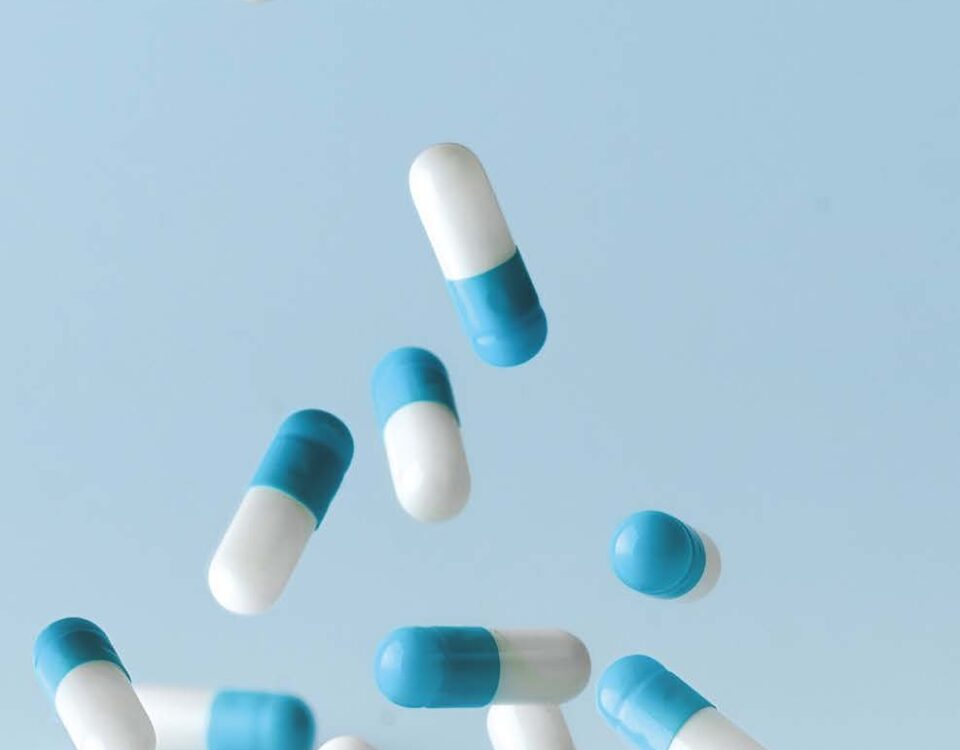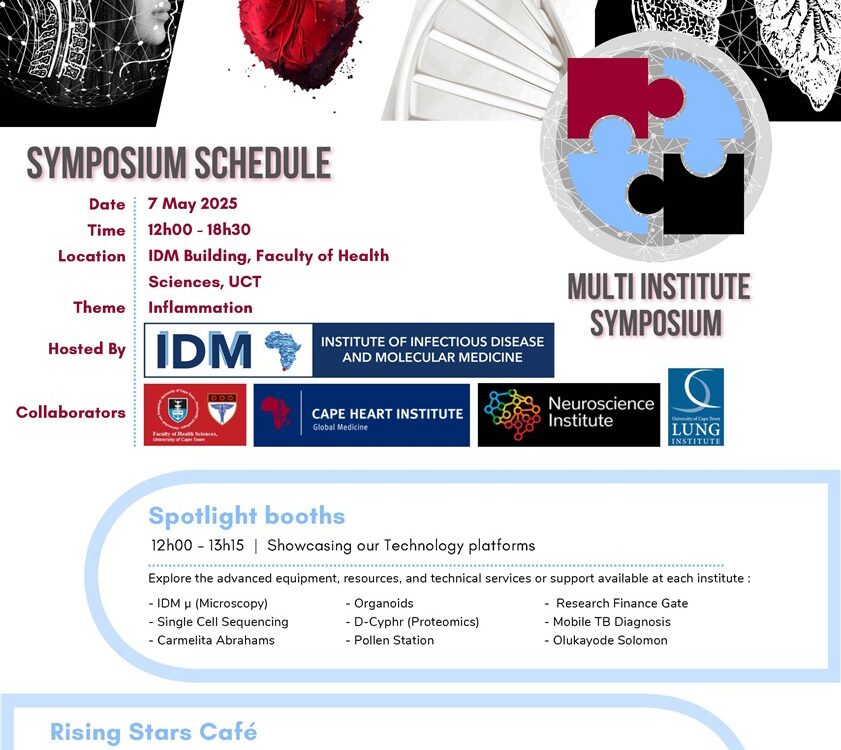
Could the TB vaccine you received at birth help protect against the coronavirus? We asked an expert
9th April 2020
What causes mystery Covid-19 blood clots?
5th May 2020Dheda K, Jaumdally S, Davids M, Chang J, Gina P, Pooran A, Makambwa E, Esmail A, Vardas E and
Preiser W. Wits Journal of Clinical Medicine, Volume 2 Number Si1, Apr 2020, p. 3 - 10>
Abstract
Coronavirus disease 2019 (COVID-19) due to severe acute respiratory syndrome coronavirus 2 is a global pandemic that has resulted in over 1.5 million confirmed cases and close to 100,000 deaths. In the majority of symptomatic cases COVID-19 results in a mild disease predominantly characterised by upper respiratory tract symptoms. Reverse transcription polymerase chain reaction (RT-PCR), using a nasopharyngeal sample, is the mainstay of diagnosis, but there is an ~30% false negative rate early in the disease and in patients with mild disease. RT-PCR positivity can persist for several days after a resolution of symptoms. IgM and IgG antibody responses become positive several days after the onset of symptoms, and robust antibody responses are detectable in the second week of illness. Antibody-based immunoassays have a limited role in the diagnosis of early symptomatic disease. However, their incremental benefit over RT-PCR in the first 2 weeks of illness is currently being clarified in ongoing studies. Such assays may be useful for surveillance purposes. However, their role in potentially selecting individuals that may benefit from vaccination, or as a biomarker identifying persons that could be redeployed into essential employment roles are being investigated. Rapid antibody-based immunoassays that detect viral antigen in nasopharyngeal samples are being developed and evaluated. © Publisher: Wits University Press Persistent Link : https://hdl.handle.net/10520/EJC-1c8c918ca3 DOI : 10.18772/26180197.2020.v2nSIa1 Language : English https://journals.co.za/docserver/fulltext/wjcm_v2_si1_a4.pdf?expires=1587634936&id=id&accname=guest&checksum=764DA4A16C5D15FFC004B71EC5945E4F
Preiser W. Wits Journal of Clinical Medicine, Volume 2 Number Si1, Apr 2020, p. 3 - 10>
Abstract
Coronavirus disease 2019 (COVID-19) due to severe acute respiratory syndrome coronavirus 2 is a global pandemic that has resulted in over 1.5 million confirmed cases and close to 100,000 deaths. In the majority of symptomatic cases COVID-19 results in a mild disease predominantly characterised by upper respiratory tract symptoms. Reverse transcription polymerase chain reaction (RT-PCR), using a nasopharyngeal sample, is the mainstay of diagnosis, but there is an ~30% false negative rate early in the disease and in patients with mild disease. RT-PCR positivity can persist for several days after a resolution of symptoms. IgM and IgG antibody responses become positive several days after the onset of symptoms, and robust antibody responses are detectable in the second week of illness. Antibody-based immunoassays have a limited role in the diagnosis of early symptomatic disease. However, their incremental benefit over RT-PCR in the first 2 weeks of illness is currently being clarified in ongoing studies. Such assays may be useful for surveillance purposes. However, their role in potentially selecting individuals that may benefit from vaccination, or as a biomarker identifying persons that could be redeployed into essential employment roles are being investigated. Rapid antibody-based immunoassays that detect viral antigen in nasopharyngeal samples are being developed and evaluated. © Publisher: Wits University Press Persistent Link : https://hdl.handle.net/10520/EJC-1c8c918ca3 DOI : 10.18772/26180197.2020.v2nSIa1 Language : English https://journals.co.za/docserver/fulltext/wjcm_v2_si1_a4.pdf?expires=1587634936&id=id&accname=guest&checksum=764DA4A16C5D15FFC004B71EC5945E4F



